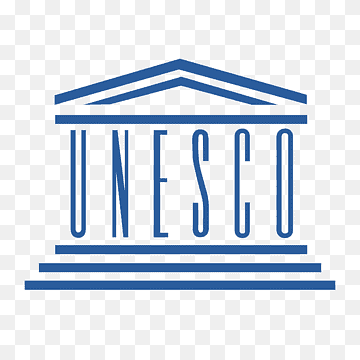He said information integrity was about people’s engagement with the creation, dissemination, and use of information, beyond technical systems and governance structures.
“Information integrity must ultimately be embodied in people, in lives, and in human existence.
“Without this, societies will never achieve the fullness of integrity required to thrive,” he said.
The UNESCO official stressed that media and information literacy (MIL) must therefore be made central to education, media practice, digital governance, and both formal and informal learning.
According to him, UNESCO views MIL as a combination of information, media, and digital competencies that go beyond technical skills to include critical thinking and evaluation.
“We must empower people to distinguish fact from opinion, truth from propaganda, and identify misinformation, disinformation, and manipulated content.
“We must also understand how artificial intelligence functions and why human verification remains essential,” he said.
Grizzle noted that such competencies would help citizens use media and digital tools to promote equality, peace, intercultural dialogue, freedom of expression, and sustainable development.
He warned that declining trust in the media, governments, and international institutions posed a danger to democracy and freedom.
According to him, if the media is not trusted, then democracy and freedom is under threat as well.
Grizzle called for a united approach that integrates information, media, digital, AI and communication skills across institutions, noting that every organisation could incorporate MIL through training and policy.
He added that returning to the principles of quality education, universal access to information, freedom of expression, multilingualism and cultural diversity would help restore public trust and resilience.



